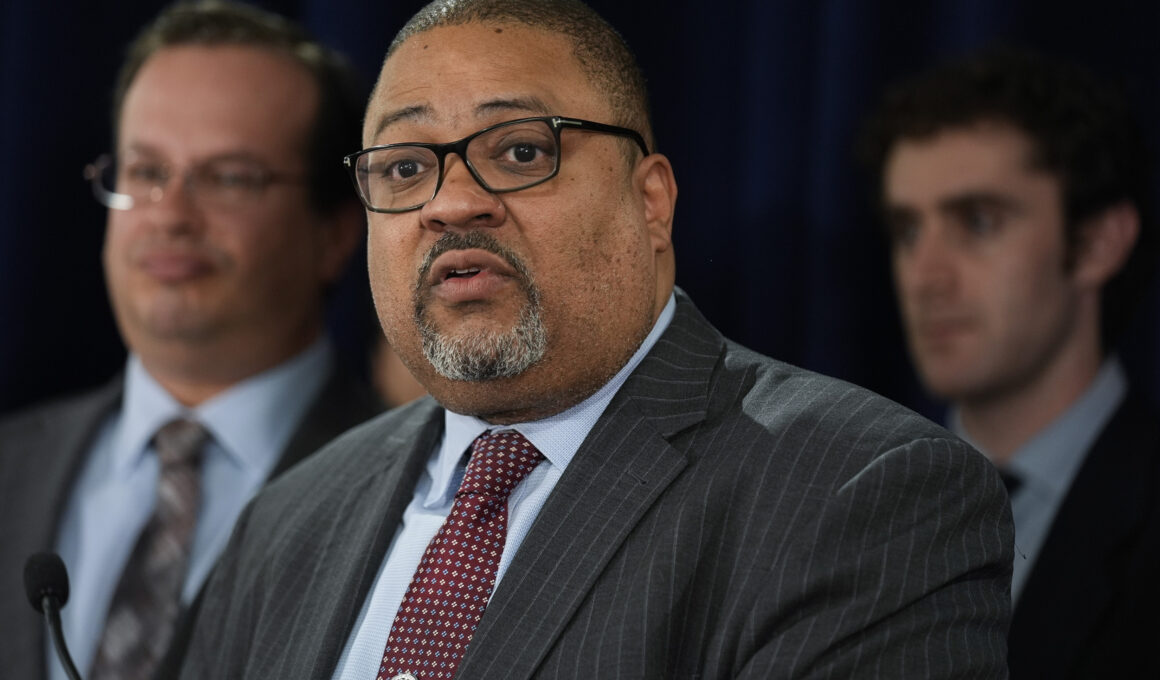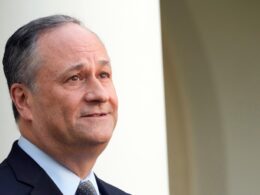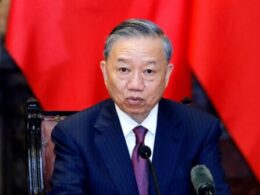Manhattan District Attorney Alvin Bragg‘s Wednesday motion in Donald Trump‘s criminal hush money case has “kicked the door wide open” on the Supreme Court‘s recent presidential immunity ruling, according to former prosecutor Glenn Kirschner.
The prosecution’s filing comes nearly a month after the Supreme Court ruled in a 6-3 decision that presidents have broad immunity for official acts. It also ruled that official acts cannot be used as evidence if taking a case against a president for unofficial acts.
However, Kirschner, a former assistant U.S. attorney and MSNBC legal analyst who is a frequent critic of Trump, noted in a Friday YouTube video that the Court, “left a little crack of accountability daylight in their ruling,” when saying that the president can be prosecuted if the crime “violates our nation’s laws” and “involves private conduct, non-official presidential conduct.”
The Supreme Court’s ruling has impacted several criminal cases against Trump, with his lawyers in New York filing a motion in the criminal hush money case “saying it was all official presidential conduct therefore they urged the presiding Judge Juan Merchan to throw out he case in its entirety.”
In May, in a case brought by Bragg, a New York jury found Trump guilty on 34 counts of falsifying business records relating to a hush money payment made to adult film star Stormy Daniels before the 2016 presidential election. Daniels alleged she had a sexual encounter with Trump in 2006, which he denies.
Trump has maintained his innocence and says the case is politically motivated. His legal team has filed to fight the case. Earlier this month, Trump’s lawyers asked the judge to throw out his conviction based on the new Supreme Court decision.
The verdict makes Trump the first former president convicted of felony crimes, and he now faces possible jail time, which, as presiding Judge Juan Merchan noted, “if such is still necessary” after the Supreme Court’s decision, will be determined on September 18.
On Wednesday, the prosecution led by Bragg responded by filing a 69-page motion calling to reject the “defendant’s belated and unpreserved effort to dismiss the indictment.”
Kirschner said that the team “looked at that little crack of daylight that the Supreme Court left open, and they kicked the door wide open.” He said that Bragg, in the motion, “argued that what Donald Trump did was not official presidential conduct, indeed most of his criminal conduct occurred before he was elected, before he was sworn in.”
Although the case is related to Trump’s 2016 election, the misconduct the jury found, involving hush money payments, happened before Trump took office, Kirschner said.
Newsweek reached out to Trump’s lawyer Todd Blanche, Kirschner, and the DA’s communications team via email on Saturday.
Bragg wrote in the motion, “For one thing, [Trump] failed to preserve an objection on immunity grounds to most of the evidence that is the subject of his current motion.”
“And, in any event, all of the evidence that he complains of either concerned wholly unofficial conduct or, at most, official conduct for which any presumption of immunity has been rebutted,” the district attorney added.
Uncommon Knowledge
Newsweek is committed to challenging conventional wisdom and finding connections in the search for common ground.
Newsweek is committed to challenging conventional wisdom and finding connections in the search for common ground.







